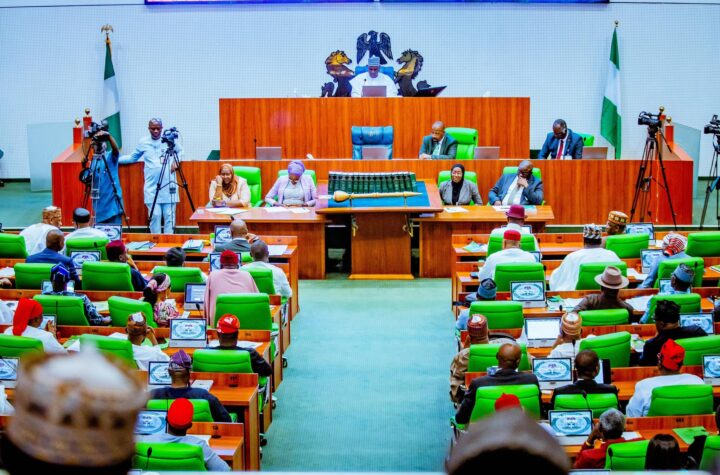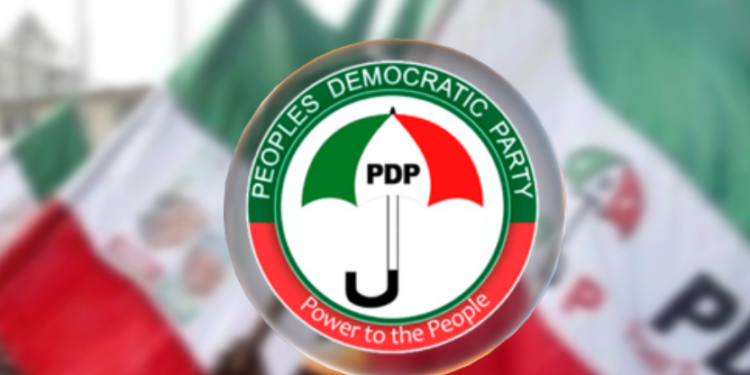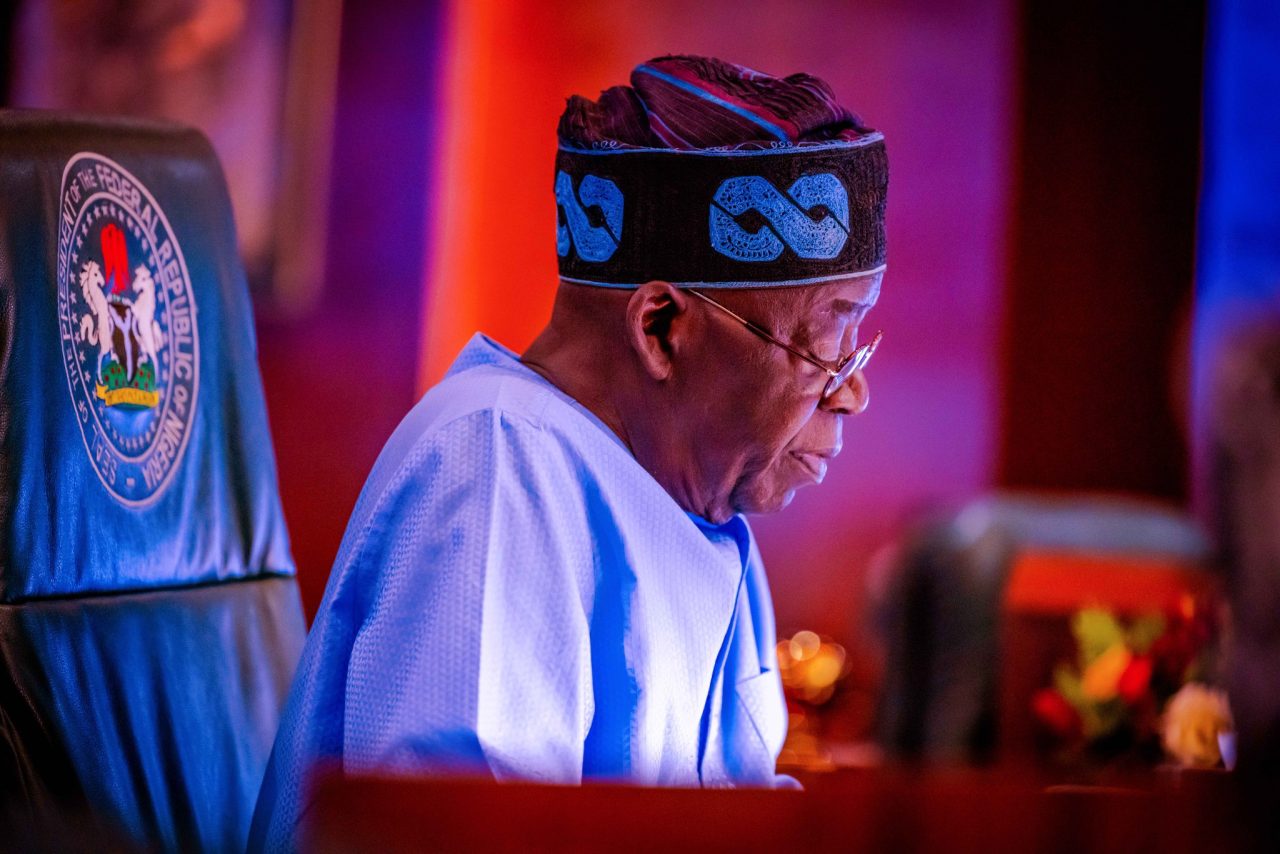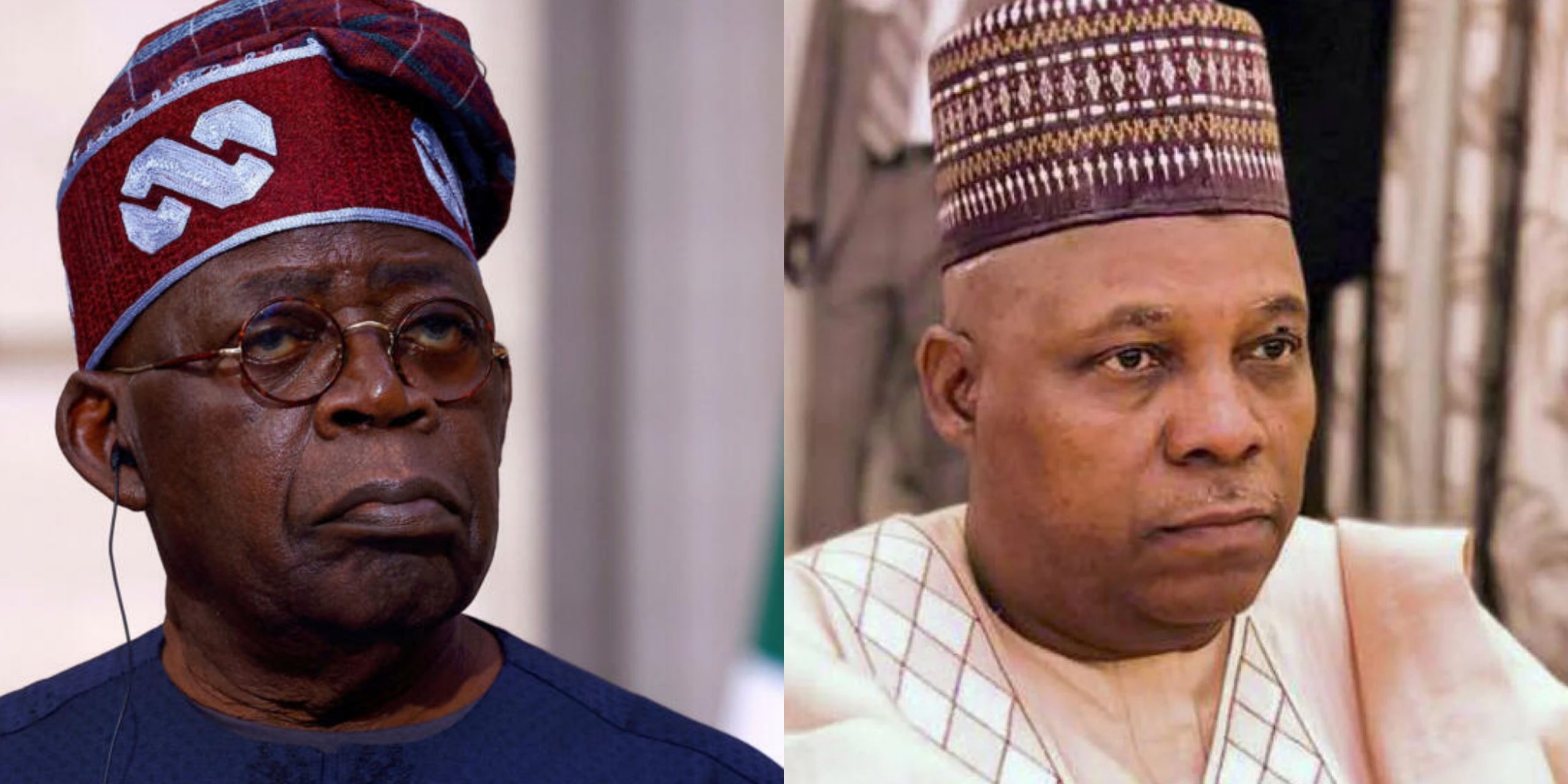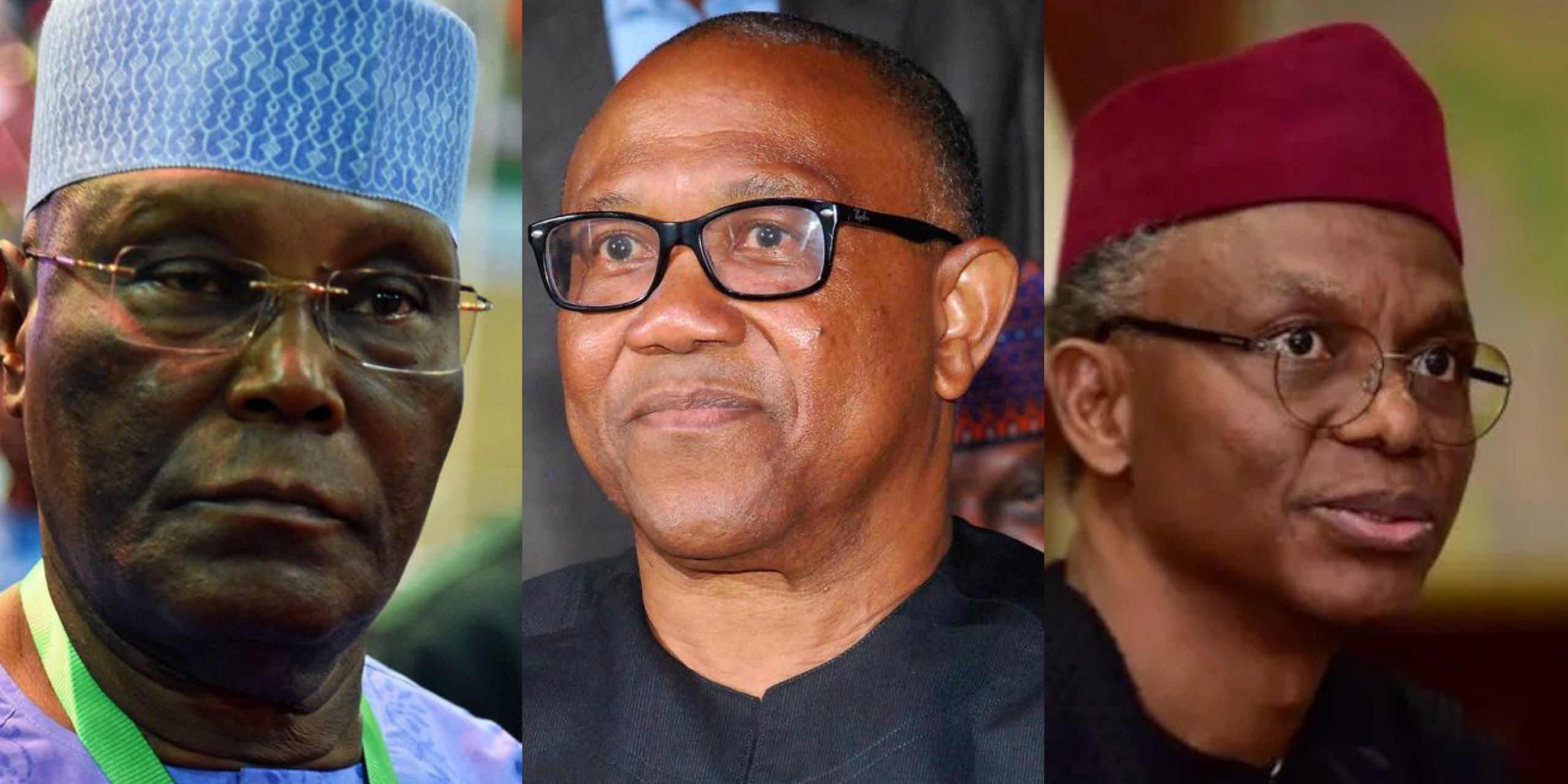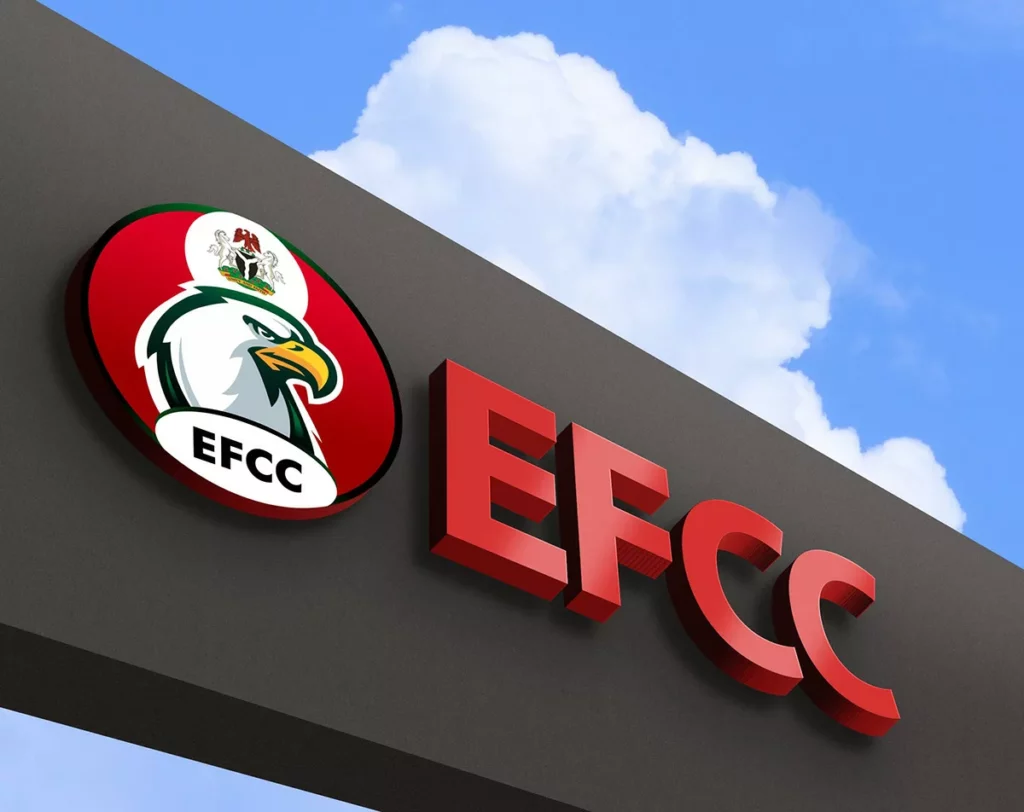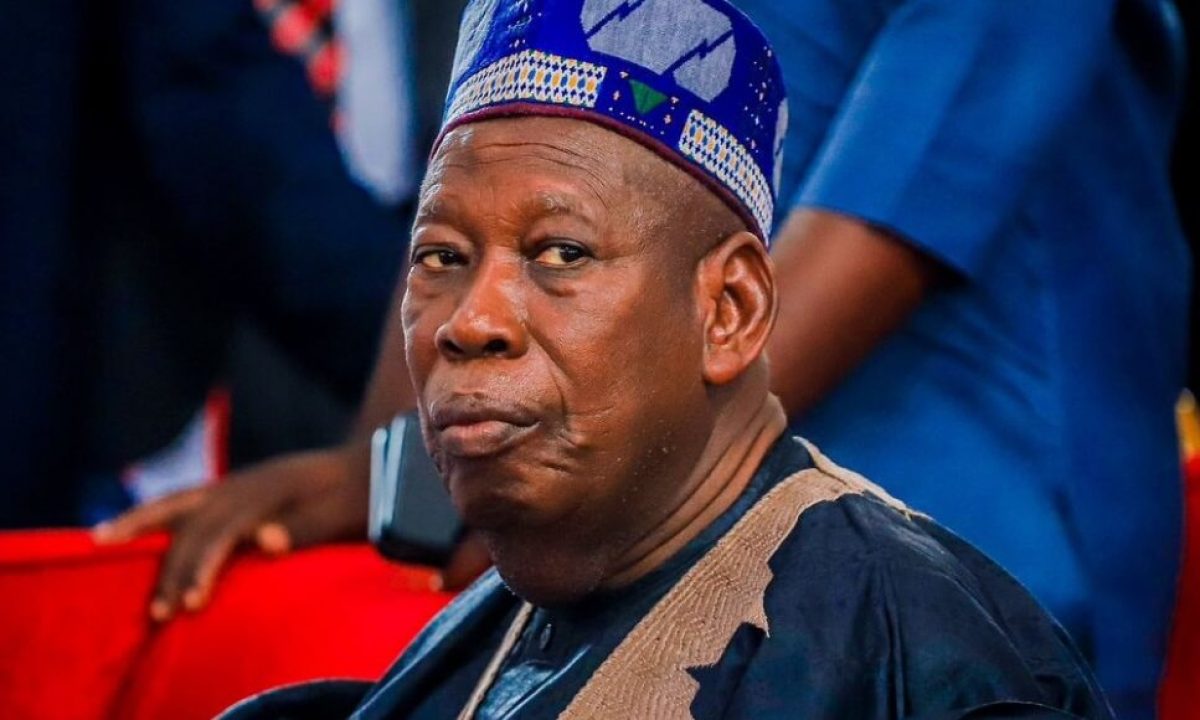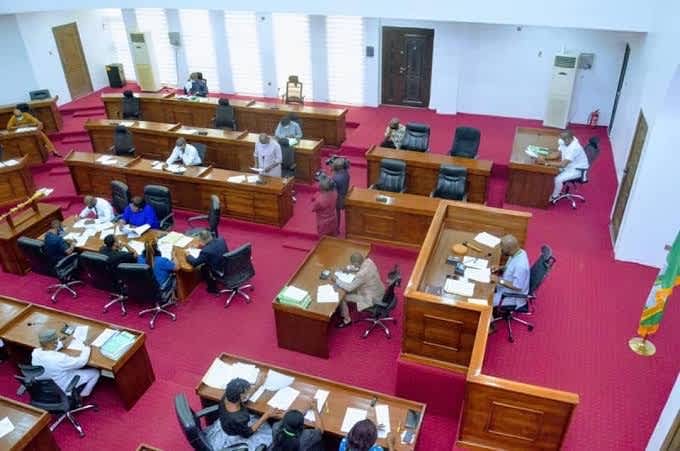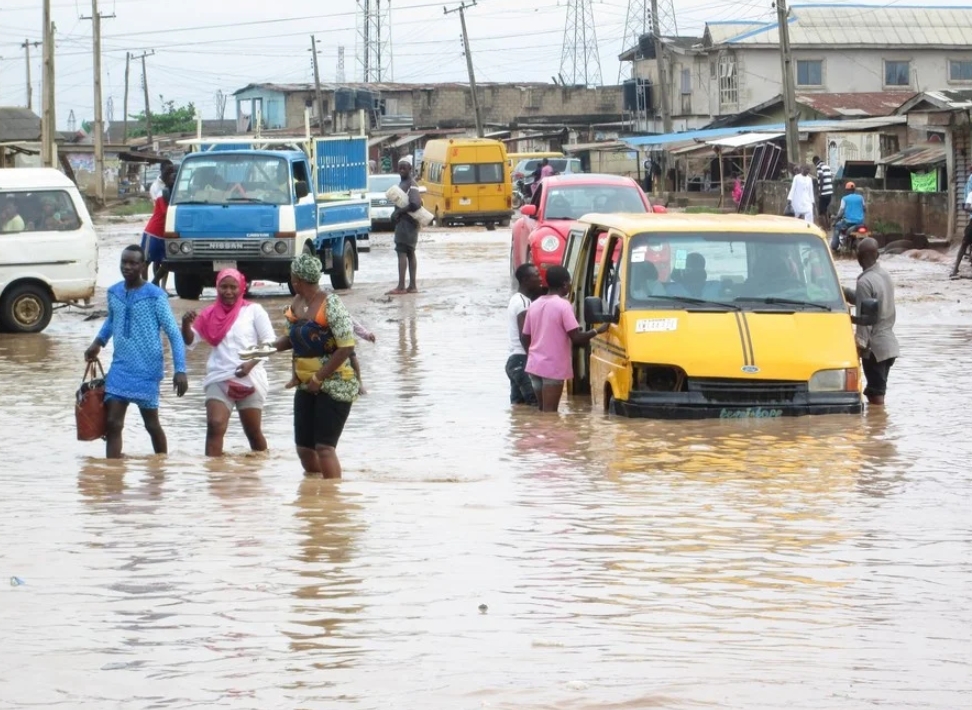The Nigerian Senate Committee on the Review of the 1999 Constitution has announced plans to consider 31 separate proposals for the creation of new states during its forthcoming zonal public hearings scheduled for early July.
According to a statement released by the committee, the breakdown of requests shows a widespread appetite for state restructuring across Nigeria’s six geopolitical zones: seven proposals from the North East, six from the North West, five each from the South West, South South, and North Central, and three from the South East.
The zonal public hearings are slated to take place simultaneously on July 4 and 5, 2025, at six designated venues across the country: Lagos (South West), Enugu (South East), Ikot Ekpene (South South), Jos (North Central), Maiduguri (North East), and Kano (North West).
In addition to state creation, the Senate Committee revealed that the hearings will also address other pressing national issues including local government autonomy, electoral reform, judicial independence, state policing, gender inclusion, and the promotion of good governance.
Committee chairman, Senator Barau Jibrin, urged Nigerians to actively participate in the process, stressing that the exercise is open to all citizens who have proposals or opinions about how the 1999 Constitution should be amended.
“We are committed to an inclusive and transparent process. Every zone and every voice matters in this historic exercise. The state creation requests are only one part of what promises to be a thorough national conversation,” Senator Jibrin stated.
The 31 proposals under consideration stem from numerous longstanding agitations by ethnic and regional groups seeking enhanced representation, autonomy, and development.
Some of the requests though yet to be officially named are believed to include calls for states such as Aba, Anioma, Ibadan, Orashi, Tiga, and Gurara, many of which have resurfaced periodically over the past two decades.
This latest move by the Senate comes several months after the House of Representatives acknowledged a similar wave of submissions.
However, this is the first time the Senate has formally listed the number and regional distribution of state creation proposals under active consideration.

